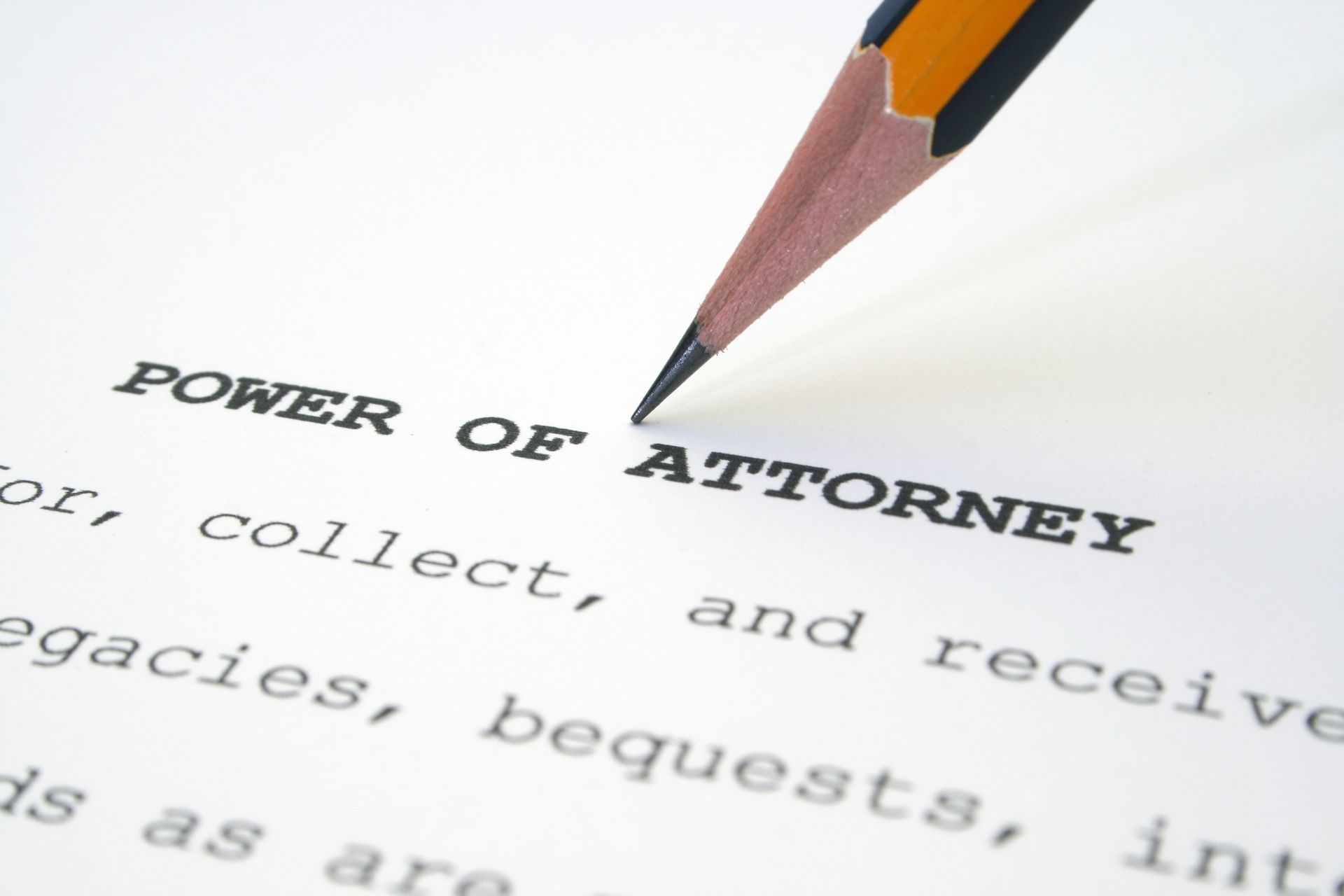Understanding the Statute of Limitations for Motorcycle Accidents in Connecticut
Understanding the Statute of Limitations for Motorcycle Accidents in Connecticut
If you've been involved in a motorcycle accident in Connecticut, it's important to understand the statute of limitations for filing a personal injury claim. At Maffeo Law Offices, we assist Connecticut residents with personal injury matters, including those related to motorcycle accidents. In this blog post, we will discuss what the statute of limitations is for motorcycle accidents in Connecticut and how our team can help you navigate the legal process.
The statute of limitations refers to the time period within which a lawsuit must be filed after an incident has occurred. In Connecticut, the statute of limitations for personal injury claims resulting from a motorcycle accident is typically two years from the date of the accident. This means that if you were injured in a motorcycle accident, you have two years from the date of the accident to file a personal injury claim against the at-fault party.
It's crucial to adhere to this deadline, as failing to file within the statute of limitations could result in your claim being dismissed by the court. This is why it's essential to seek legal assistance as soon as possible after a motorcycle accident. Our team at Maffeo Law Offices can help you gather evidence, negotiate with insurance companies, and ensure that your rights are protected throughout the legal process.
In addition to understanding and adhering to the statute of limitations, it's important to gather evidence and documentation related to your motorcycle accident. This may include police reports, medical records, witness statements, and photographs of the scene. Our experienced attorneys have handled numerous motorcycle accident cases and know what evidence is necessary to build a strong case on your behalf.
Navigating the legal process following a motorcycle accident can be complex and overwhelming, especially when you're dealing with injuries and other challenges. That's where our team at Maffeo Law Offices comes in. We are dedicated to providing compassionate and personalized legal representation for our clients, ensuring that their best interests are always at the forefront. Whether through negotiation or litigation, we will work tirelessly to secure fair compensation for your injuries and losses.
If you've been injured in a motorcycle accident in Connecticut, it's important to act quickly and seek legal assistance before the statute of limitations expires. At Maffeo Law Offices, we have extensive experience handling personal injury matters related to motorcycle accidents and are here to support you every step of the way. Don't hesitate to reach out for a free consultation – we're here to help you get the justice and compensation you deserve.










